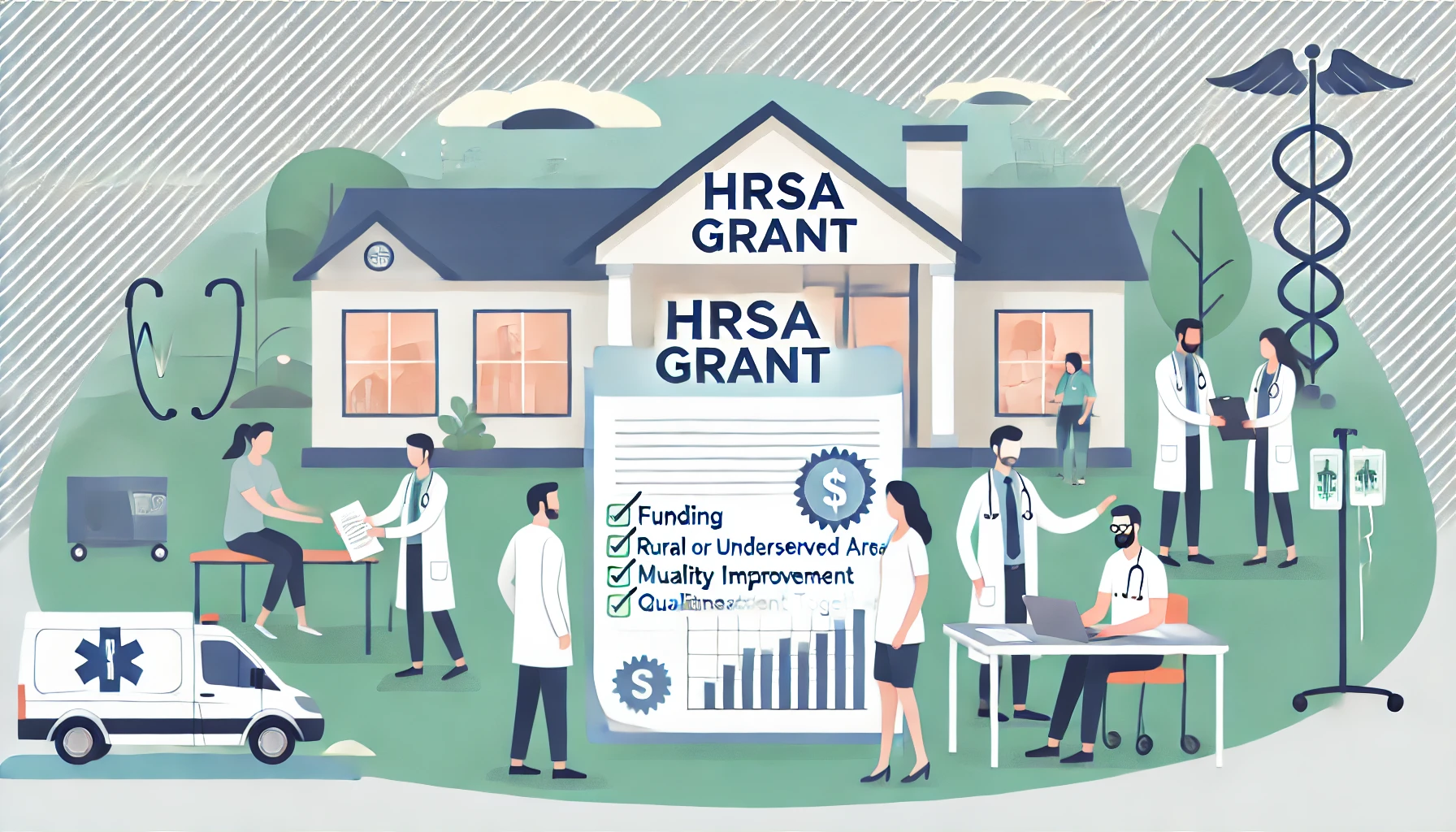
Table of Contents

AI transforms healthcare with precision diagnostics, personalized treatments, and efficiency gains, while balancing technological innovation with ethical human oversight.
AI transforms healthcare with precision diagnostics, personalized treatments, and efficiency gains, while balancing technological innovation with ethical human oversight.
AI Healthcare Revolution: Transforming Medicine Through Intelligent Technology
In an era of unprecedented technological advancement, artificial intelligence (AI) is rapidly reshaping the healthcare landscape, promising to revolutionize how we diagnose, treat, and manage medical conditions. While the potential seems boundational, the integration of AI into healthcare also raises critical questions about effectiveness, ethics, and patient safety.
The AI Healthcare Market: A Surge of Innovation
According to recent market research from the original article at OpenPR, the AI healthcare market is experiencing explosive growth. Key projections indicate a transformative shift in medical technology, with several critical areas of development:
- Predictive diagnostic capabilities
- Advanced medical imaging analysis
- Personalized treatment planning
- Administrative workflow optimization
Diagnostic Precision: AI's Promising Frontier
One of the most compelling applications of AI in healthcare is its potential to enhance diagnostic accuracy. Machine learning algorithms can now process vast amounts of medical data, identifying patterns and potential health risks with remarkable speed and precision.
At Medplace, we recognize that while AI offers incredible diagnostic potential, independent medical peer review remains crucial in validating these technological insights. Our network of 132 medical specialties provides an essential human verification layer that complements AI-driven diagnostics.
Challenges and Ethical Considerations
Despite the promising advancements, the AI healthcare revolution is not without significant challenges. Critical questions emerge regarding:
- Data privacy and patient confidentiality
- Potential algorithmic biases
- The risk of over-reliance on technological solutions
- Maintaining the human touch in patient care
AI's Transformative Potential in Different Medical Domains
The impact of AI extends across multiple healthcare sectors:
Radiology and Medical Imaging
AI algorithms can now detect subtle anomalies in medical images with unprecedented accuracy, potentially catching early-stage diseases that might escape human observation. However, these technological tools should be viewed as complementary to, not replacements for, expert medical interpretation.
Personalized Medicine
By analyzing genetic data, treatment histories, and lifestyle factors, AI can help develop highly personalized treatment strategies. This approach promises more targeted interventions with potentially higher success rates.
Administrative Efficiency
Beyond clinical applications, AI can streamline administrative processes, reducing healthcare system inefficiencies. From scheduling to claims processing, intelligent systems can significantly reduce operational costs and improve patient experiences.
The Human-AI Collaboration Model
The future of healthcare isn't about AI replacing medical professionals, but creating a collaborative ecosystem where technology and human expertise work synergistically. Medplace's platform embodies this philosophy, providing rapid access to qualified medical professionals who can validate and contextualize AI-generated insights.
Key Considerations for Healthcare Organizations
For institutions looking to integrate AI technologies, we recommend:
- Maintaining rigorous peer review processes
- Investing in continuous training
- Establishing clear ethical guidelines
- Prioritizing patient consent and transparency
Conclusion: A Balanced Approach to AI in Healthcare
The AI healthcare revolution represents an exciting frontier of medical innovation. While the potential is immense, a measured, ethical approach that prioritizes patient safety and maintains human oversight will be crucial to realizing these technological promises.
As we stand on the cusp of this transformative era, collaboration, continuous learning, and a commitment to patient-centric care will define our success.

Why Every Hospital Needs a Quality and Patient Safety Program
Every hospital needs a quality and patient safety program to reduce harm, improve care, and foster a culture of accountability.
.png)
.png)

HRSA FQHC Requirements: A Comprehensive Guide for Healthcare Providers
When it comes to federally qualified health center requirements, there’s no shortage of regulations, expectations, and—depending on your perspective—opportunities.
.png)
.png)

Unlocking Funding: A Guide to Health Resources and Services Administration (HRSA) Grants
Use HRSA grants to fund external peer review programs that enhance care quality, reduce bias, and support compliance in health centers.
.png)
.png)



.png)
.png)
.png)






.png)